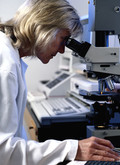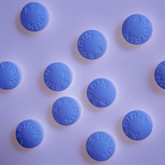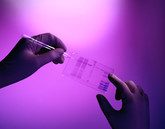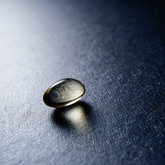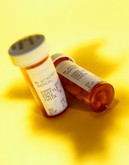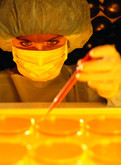Generics/Research
Comparison of biosimilar and branded vancomycin
Despite demonstrating pharmacological equivalence, researchers have found biosimilar vancomycin exhibited inferior antimicrobial activity compared with the branded product.
Incentives to use generic medicines
A variety of financial and non-financial incentives are intended to encourage generic prescribing. Physician budgets are used by Germany and UK and seem to encourage generic prescribing. Assistance in terms of electronic prescribing, medicines databases, audit and feedback on prescribing data, guidelines and formularies tend to be voluntary and have a limited impact. Denmark and the UK teach medical students to prescribe by INN rather than brand name. Portugal requires prescription by INN if a generic product exists. Physicians see this as a restriction on their prescribing freedom in Belgium and France and resist such moves.
An industry view of generic manufacturing
Research and development of innovative medicines are becoming more challenging, with only 29 medicines with new chemical entities launched in 2006. The dwindling pipeline of new innovative medicines reduces the number of new chemical entities that can be developed when patents on innovative medicines expire in the future. Manufacturers of innovative medicines attempt to extend the period of patent protection by either launching a new dosage, a sustained-release version, a new indication, a single isomer version or a combination medicine. These strategies delay the market entry of generic medicines. As generic competition primarily takes place in the market for prescription medicines, some manufacturers of originator medicines have switched their medicines from prescription to over-the-counter status, e.g. simvastatin 10 mg in UK.
Pricing strategies in generic medicines
Eighty two per cent of countries impose pricing regulation while 18% opt for free market competition to control prices. Of the countries that regulate prices, 36% set the price of generic medicines at a predetermined percentage below the originator price. For instance, the minimum price difference between originator and generic medicines was 20% in Italy in 2004. In 21% of countries, the generic medicine price is based on the average price of medicines in a selection of countries. Other mechanisms used to set generic medicine prices are a maximum price (19% of countries) and a negotiable price (12% of countries).
Can we have our cake and eat it?
Managing the cost of pharmaceutical expenditure is entirely the competence of individual EU Member States. As a result, Europe has developed into a patchwork of different systems of pharmaceutical pricing and reimbursement.
Bioequivalence testing for generics
Bioequivalence studies, consisting of single-dose pharmacokinetic evaluations, are required for the registration of most generic drug formulations. In general, bioequivalence testing provides a useful comparison for different products containing the same active ingredient. Bioequivalence studies therefore play a key role in the development of new generic products as well as in the post-marketing phase of innovator products.
Are generic medicines in Europe too expensive?
by Professor Steven Simoens, Research Centre for Pharmaceutical Care and Pharmaco-economics, Katholieke Universiteit Leuven, Leuven, Belgium
Teva CEO about opportunities in generics and biosimilars
To retain its position in the long run, Teva Pharmaceutical Industries Ltd. aims at significant growth in the generic market in the years to come, says Teva CEO Mr Shlomo Yanai in an interview by Mr Haim Watzman published in Nature Medicine in March 2010.
Indian firms seek a higher profile in biosimilars
As reported by Anju Ghangurde in Scrip News of 13 January 2010, large Indian companies appear to be keen to develop their capacities and capabilities in the biosimilars segment, an area expected to take centre stage globally in the coming years. Some of this growing interest is being attributed to the projected decline in the global pipeline for generic small molecules by about 2013, as well as optimism that some large markets such as the US will soon put in place regulations to facilitate the entry of biosimilars.
Physicians still have concerns about the quality, reliability and interchangeability of certain generic medicines
In a study by Dr Mohamed Azmi Hassali et al. of the Universiti Sains Malaysia (USM), as published in the January 2010 Journal of Generic Medicines issue (published online 1 September 2009), physicians’ views on generic medicines are reviewed.
